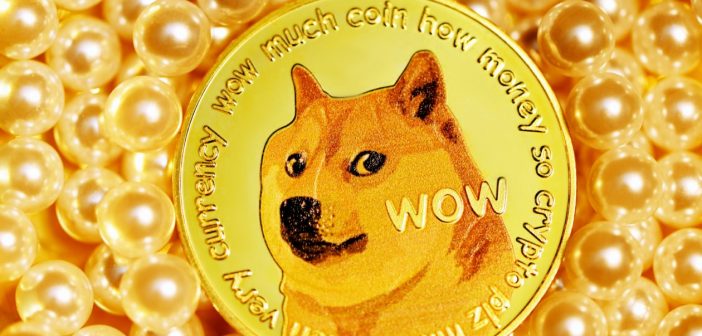The Indian cryptocurrency market, like much of the global market, has been plagued by the spread of misinformation and fraudulent schemes, particularly involving meme coins—cryptocurrencies that gain popularity through internet memes or cultural references. Unscrupulous dealers often exploit the allure of quick riches, luring unsuspecting investors with the promise of astronomical returns.
The Rise of Meme Coins and Fake News
Meme coins, such as Dogecoin and Shiba Inu, gained massive popularity due to their viral nature and endorsements from high-profile individuals like Elon Musk. However, their volatility and lack of inherent value make them ripe for exploitation. In India, the popularity of these coins has skyrocketed, with many first-time investors being drawn in by sensationalized news stories and social media hype that promise high returns with minimal understanding of the risks involved.
Fraudsters capitalize on this trend by creating fake news reports and social media posts that hype up certain meme coins or other obscure cryptocurrencies. These posts often come with fabricated testimonials of high returns, photoshopped images of bank balances, and exaggerated claims of the coin’s potential. Such tactics have led to a spike in investments in these highly speculative assets, despite warnings from financial experts and regulators.
Impact on Indian Investors
The impact of these fake news-driven investments is significant. A large number of Indian investors have reported losing substantial amounts of money after the hype around a particular meme coin died down. This has led to increased scrutiny from Indian regulatory bodies, which are concerned about the lack of transparency and accountability in the crypto market.
A notable example is the “pig butchering” scam, where victims are lured into investing large sums in cryptocurrencies, only to find out later that the coin is worthless or that they have been locked out of their accounts. In some cases, these scams are run by organized crime groups who use sophisticated methods to extract money from victims.
Facts and Figures
- According to a recent report, India is among the top countries in terms of cryptocurrency adoption, with a significant portion of the population investing in digital currencies. However, the lack of regulatory clarity and financial literacy has made Indian investors particularly vulnerable to scams.
- A survey conducted by a financial advisory firm found that over 50% of Indian crypto investors have been influenced by fake news at some point, leading to ill-informed investment decisions.
- The Financial Intelligence Unit of India has reported a sharp increase in the number of crypto-related fraud cases in the last year, with many involving meme coins and other low-value tokens.
The Role of Regulatory Bodies
Indian regulators have been taking steps to protect investors from such scams. The Reserve Bank of India (RBI) and the Securities and Exchange Board of India (SEBI) have both issued warnings about the risks of investing in cryptocurrencies, particularly those that promise unrealistic returns. They have also been working on developing a regulatory framework to oversee the crypto market and ensure greater transparency and accountability.
In conclusion, while meme coins and the broader crypto market present opportunities for substantial gains, they are also fraught with risks, particularly when driven by fake news and unscrupulous actors. Indian investors must exercise caution and conduct thorough research before investing in any cryptocurrency, and regulatory bodies must continue to tighten controls to safeguard the financial well-being of the public.





